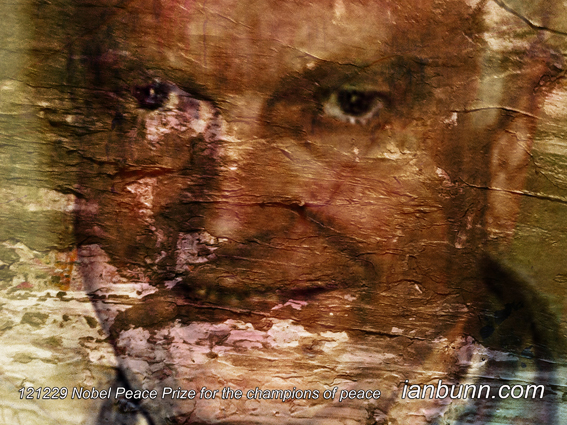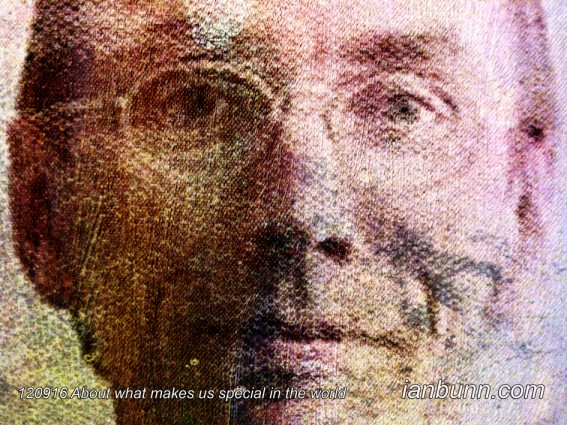 I have enough money to get by (April 4 2013)
I have enough money to get by (April 4 2013)
Ingvar Feodor Kamprad the 86 year old Swedish business magnate and founder of the retail company IKEA, has been profiled by Oliver Truc in an article published in Le Monde titled ‘Ingvar the king and his three son’. Truc states “The story of the Swedish furniture giant, founded in 1943 … definitely qualifies as a saga. It combines successes, setbacks and the carefully maintained mythology around the patriarch, who even though he is still active has taken a step back since he resigned as CEO in 1986. Today his role in the company is mostly advisory, but he still chairs the Kamprad family foundations. As he hands the reigns of the company down to the next generation – his three sons – questions arise on the issue of IKEA’s sustainability, and Kamprad’s legacy. … Getting things wrong, making mistakes is part of Kamprad’s nine commandments. In 70 years, his company has not been spared embarrassing revelations: child labor, secret foundations with billions of euros stashed in tax havens, destruction of primitive or protected forests, forced labor from political prisoners in East Germany, corruption in Russia, Ingvar Kamprad’s Nazi past in the 1940s and 1950s, spying on employees in France. The list is long – and not complete. Some of these mistakes are directly attributable to Kamprad himself, and he has always gotten off the hook by making light of his weaknesses. Kamprad has sometimes been IKEA’s worst enemy, but he was also its essence. Behind the scenes, IKEA’s executives must manage this paradox – using his image wisely, minimizing his presence, and only keeping his brilliance. No one disputes the old man’s business skills or his encyclopedic memory. Equally legendary is his stinginess and the fact that he sometimes acts like a simpleton. “I have enough money to get by, he said, but the fact is that it is not me who has the money, it’s the foundation.”
Inspired by Olivier Truc, Le Monde ow.ly/j4rWr Image source Hasse Karlsson ow.ly/j4rTw


